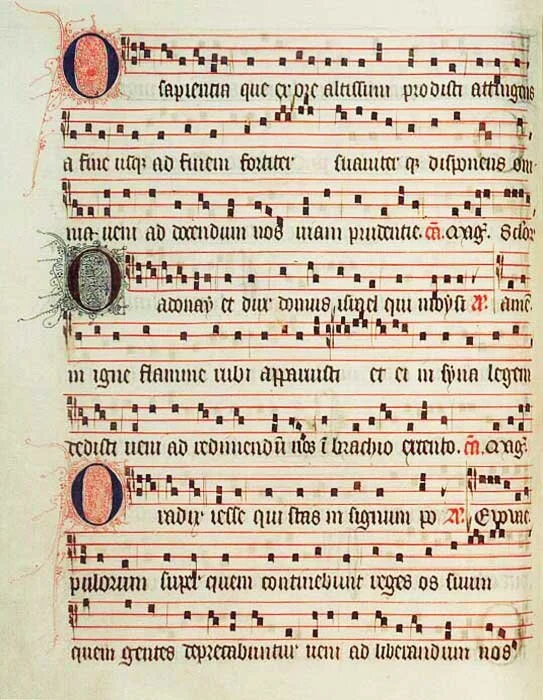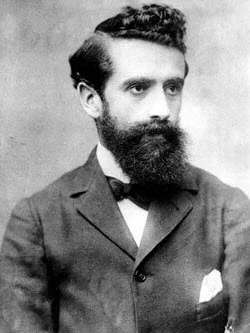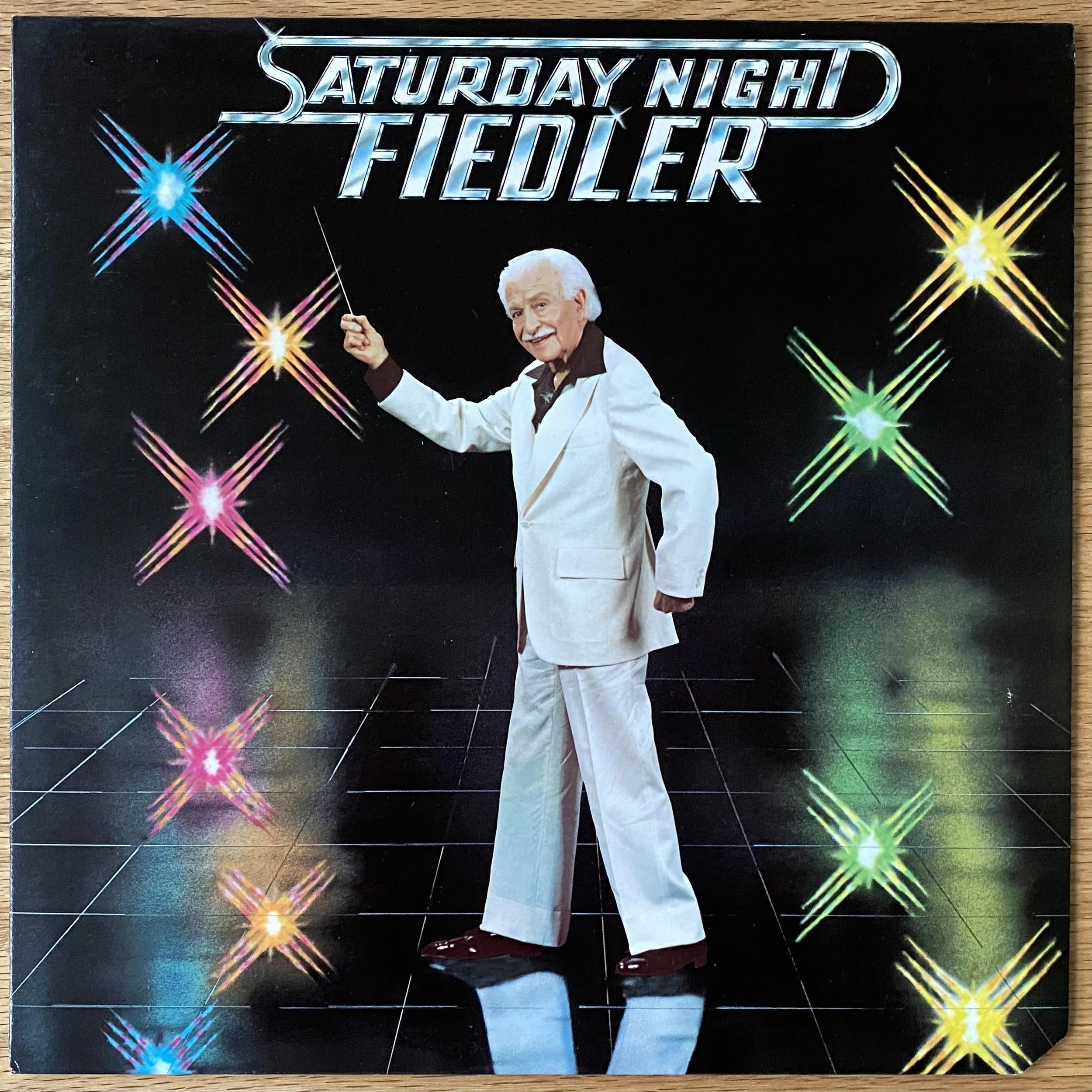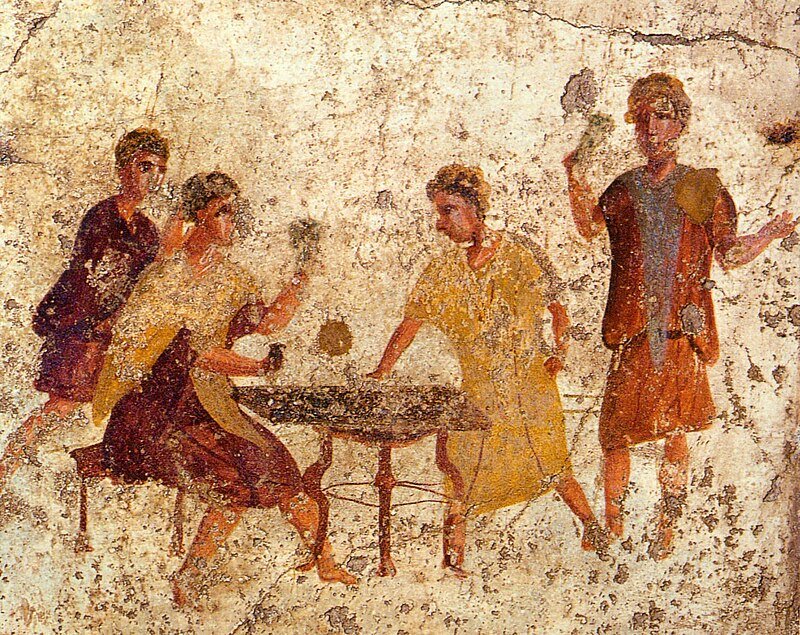DECEMBER 17
THE SEVEN “O” ANTIPHONS BEGIN TONIGHT.
“The O Antiphons (also known as the Great Advent Antiphons or Great Os) are Magnificat antiphons used at Vespers on the last seven days of Advent in Western Christian traditions. They likely date to sixth-century Italy, when Boethius refers to the text in The Consolation of Philosophy. They subsequently became one of the key musical features of the days leading up to Christmas.
The “O” Antiphon for December 17 is “O Sapientia”) (O Wisdom)
PAUL CÉSAR HELLEU (Dec. 17, 1859)
December 17 is the birthday of PAUL CÉSAR HELLEU (1859-1927)
Helleu "was a French oil painter, pastel artist, drypoint etcher, and designer, best known for his numerous portraits of beautiful society women of the Belle Époque. He also conceived the ceiling mural of night sky constellations for Grand Central Terminal in New York City. He was also the father of Jean Helleu and the grandfather of Jacques Helleu, both artistic directors for Parfums Chanel." (Wikipedia)
JOSEF LADA (Dec. 17, 1887
December 17 is the birthday of Czech painter-caricaturist JOSEF LADA (1887-1957).
Lada "was a Czech painter, illustrator, cartoonist and writer. Pioneer of the Czech comicbook tradition and founder of the 'Czech modern fairytale' genre. He is considered one of the greatest Czech artists of all times – which is also what the world-famous Pablo Picasso had claimed him to be." (Wikipedia)
To see samples of his work, CLICK HERE.
ARTHUR FIEDLER (Dec. 17, 1894)
December 17 is the birthday of American conductor ARTHUR FIEDLER (1894-1979
"Fiedler "was an American conductor known for his association with both the Boston Symphony and Boston Pops orchestras. With a combination of musicianship and showmanship, he made the Boston Pops one of the best-known orchestras in the United States. Fiedler was sometimes criticized for over-popularizing music, particularly when adapting popular songs or editing portions of the classical repertoire, but he kept performances informal and sometimes self-mocking to attract a bigger audience." (Wikipedia)
THIS DAY IN HISTORY
SATURNALIA
On December 17, 497 BC, the first SATURNALIA was celebrated in Rome.
"Saturnalia was an ancient Roman festival and holiday in honour of the god Saturn, held on 17 December of the Julian calendar and later expanded with festivities through to 23 December. The holiday was celebrated with a sacrifice at the Temple of Saturn, in the Roman Forum, and a public banquet, followed by private gift-giving, continual partying, and a carnival atmosphere that overturned Roman social norms: gambling was permitted, and masters provided table service for their slaves as it was seen as a time of liberty for both slaves and freedmen alike. A common custom was the election of a 'King of the Saturnalia,' who would give orders to people, which were to be followed and preside over the merrymaking. The gifts exchanged were usually gag gifts or small figurines made of wax or pottery known as sigillaria. The poet Catullus called it 'the best of days.'" (Wikipedia)
A CHRISTMAS CAROL
On December 17, 1843, A CHRISTMAS CAROL by Charles Dickens was published. (The Dickens' Christmas Page is a very fine web site, by the way.)
"It is a fair, even-handed, noble adjustment of things, that while there is infection in disease and sorrow, there is nothing in the world so irresistibly contagious as laughter and good-humour."
This silent (and compressed) film version of "A Christmas Carol" was made in 1910.
THE FIRST FLIGHT
THIS DAY IN HISTORY: On December 17, 1903, the Wright Bros made the first powered flight in their plane, The Wright Flyer.







